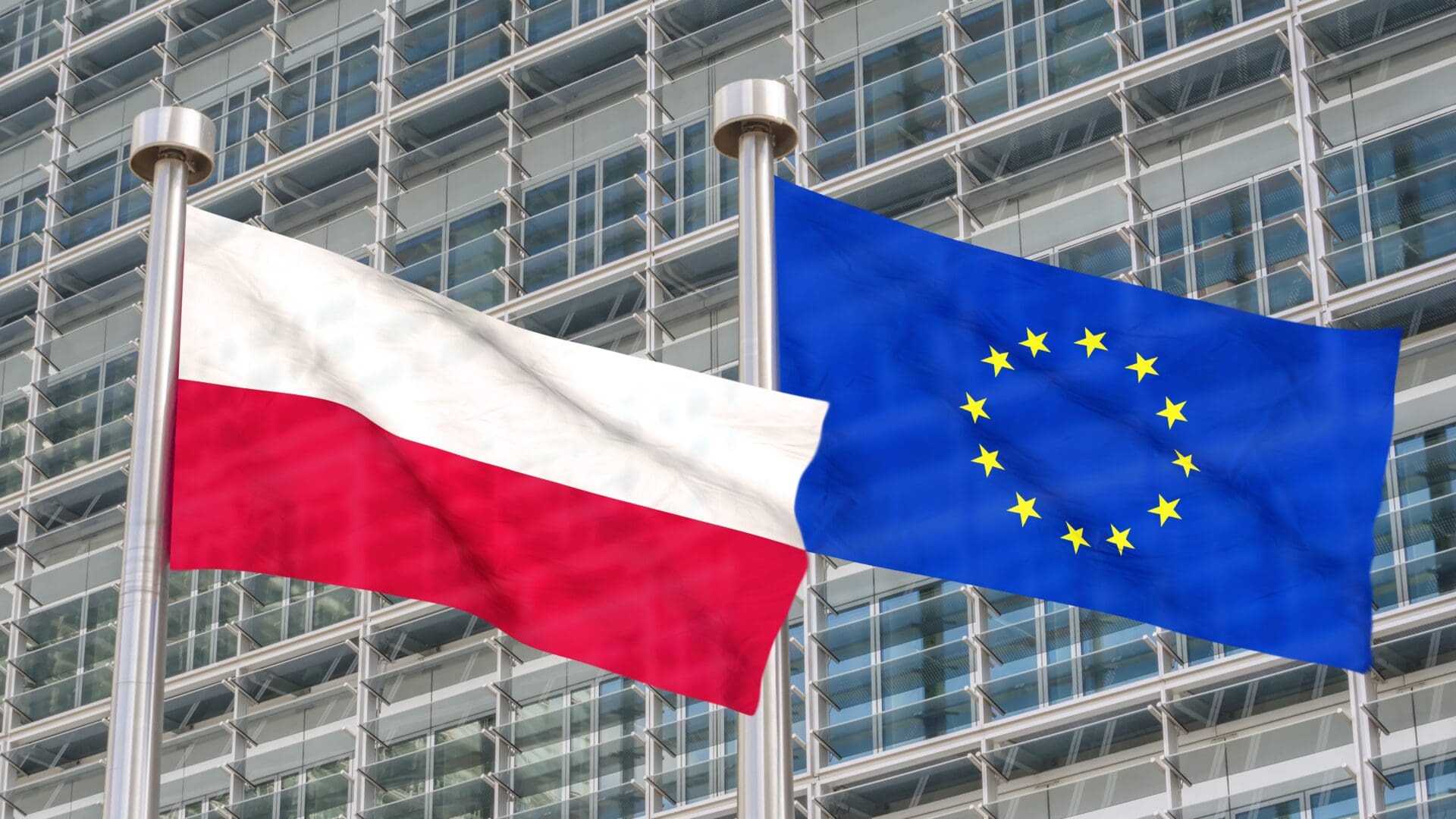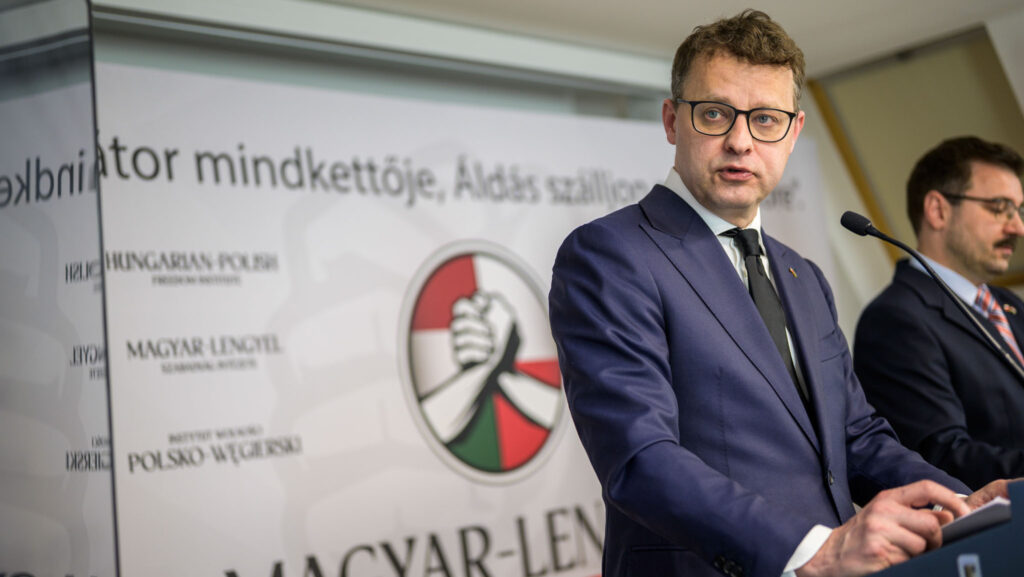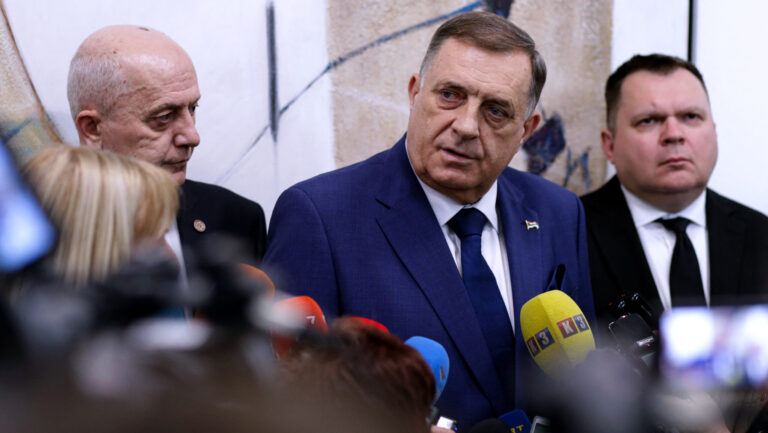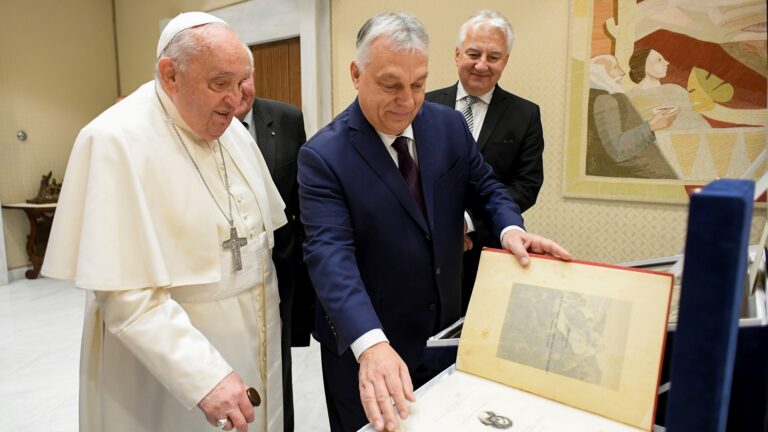The European Commission has started informal discussions with member states regarding the tenth package of sanctions to be imposed upon Russia in retaliation of the aggression against Ukraine. The Brussels body is expected to invite EU ambassadors for talks over the weekend, where they will be able to propose further recommendations and suggestions for the new sanctions. The executive arm of the European Union is under time pressure as well, since the strengthening of the sanctions needs to happen before the anniversary of the invasion on 24 February, with the threat of a new Russian offensive looming,
According to Polish press reports published earlier this year, Hungary would remove the names of four Russian oligarchs from the EU sanctions list. According to the rumours that were reported at the time, the oligarchs in question would include Moshe Kantor, Petr Aven, Viktor Rashnikov, and Alisher Usmanov. The latter gained notoriety in Hungary for his plans to acquire troubled steelmaker Dunaferr.
Oligarchs and Personal Sanctions
However, according to information acquired by POLITICO, Hungary has now requested nine names to be removed from the list of people already facing sanctions, not four. These sanctions on one’s person need to be extended regularly by the Commission, and all EU nations must agree on them for the extensions to take effect, which is usually a mere formality. According to unnamed Polish diplomats, this time Poland officially protested at the request made by the Orbán government at the EU ambassadors’ conference on Wednesday. Warsaw’s representative officially objected to the proposal, with the backing of the Baltic states. A third anonymous official quoted said that these facts do not indicate that Hungary will indeed make an effort to stop the tenth package of sanctions, even if they do not necessarily agree with all the restrictive measures.
The main focus of the new sanctions would be the diamond trade issue, commonly known as the ‘blood diamond problem’. The matter was already addressed in December last year, but no measures were implemented at the time as the member nations were not able to come to an agreement regarding it. The issue currently is that there is no infrastructure in place to monitor the trade in Russian diamonds. Responding to the problem, the European Commission and Belgium are reportedly developing a system to address the problem. Since Antwerp is the centre of diamond trade in Europe, Russian diamonds became quite a contentious point in the discussions on sanctions packages last year, with Belgium objecting to sanctions.
Hungarian – Polish Relations
The Hungarian government and the overwhelming majority of Hungarians are opposed to the sanctions that are causing more harm than good for the entirety of Europe. In this regard, Hungary and Poland do not see completely eye to eye. However, as Hungarian Conservative has also pointed out, despite their differing approach to the war in Ukraine, Poland and Hungary have always had a special relationship due to strong historical and cultural ties. Every year on 23 March Polish-Hungarian Friendship Day is celebrated in Hungary. Hungarian Prime Minister Viktor Orbán described the long history of Polish-Hungarian relations as ‘a tried and tested friendship, with a history going back hundreds of years’ when he paid a visit to Poland in 2016. ‘We are talking about two nations who respect, value, and recognize the significance of the past. In Europe, long-lasting friendships are a very rare treasure.’ The protest from Warsaw came unexpected, and although the present rift may be temporary, it should be taken seriously.








